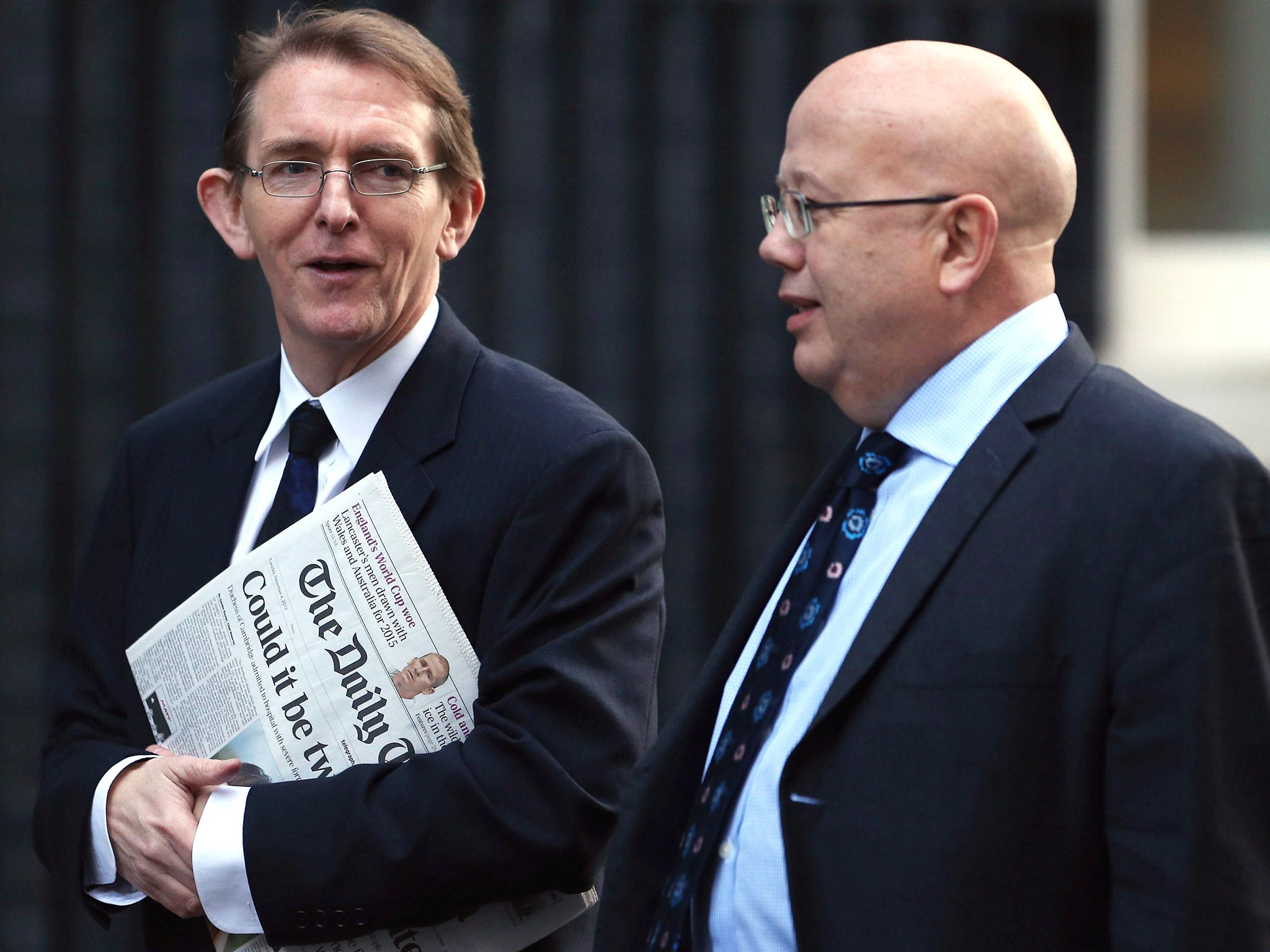Over breakfast, Fleet St agrees to accept most of Leveson plan
But editors refuse to play a part in new statutory body and want control of standards codes

Fleet Street editors today held an unusual breakfast meeting at the Delaunay restaurant, in central London, where they agreed to accept virtually all Lord Justice Leveson’s proposals for creating an independent self-regulatory body for the press.
But while they ticked off their support for almost all 47 of the recommendations, there remain several obstacles to be overcome if the newspaper industry is to persuade politicians a new press law is unnecessary.
The editors agreed to a new regulatory system that would have powers to impose fines of up to £1m and the introduction of an arbitration service that would reduce the legal cost of libel actions. But the summit rejected the notion that the standards code of the new system should be taken out of the hands of editors. They felt strongly that the code should be drafted by practitioners, not lay people.
More significantly, the editors refused to accept any involvement in the new system of the government-appointed media watchdog Ofcom or of any statutory body.
A day earlier, Oliver Letwin, the policy minister, had told editors that government lawyers and civil servants were working to identify a non-statutory body that could oversee the new regulator. They are waiting for the Government's proposals for the identity of the "verifier" to be revealed and details of how this person or body will operate before responding.
Today's breakfast meeting, organised by James Harding, editor of The Times, and attended by a spectrum of editors that included Paul Dacre of the Daily Mail, Chris Blackhurst of The Independent, Alan Rusbridger of The Guardian, Tony Gallagher of The Daily Telegraph, Dominic Mohan of The Sun and Lloyd Embley of the Daily Mirror, was an indication that the press is anxious to be seen to be working towards establishing a unified position.
In a joint statement released tonight, the editors said: "The editors of all national newspapers met today and unanimously agreed to start putting in place the broad proposals – save the statutory underpinning – for the independent self-regulatory system laid out by Lord Justice Leveson. Lord Hunt and Lord Black will report back to the government very shortly in detail on how the industry proposes to implement the Leveson plan."
The industry has asked the law firm Reynolds Porter Chamberlain to help construct a regulatory model that will avoid the requirement for statute.
Time is of the essence, with the Conservatives wanting a "timetable for progress" in place by tomorrow.
Leveson speaks on privacy in Australia
It is being billed as an “unmissable” event, but organisers have been at pains to make one thing clear: the keynote speaker at tomorrow’s symposium in Sydney on privacy in the 21st century – Lord Justice Leveson – will not be taking any questions, writes Kathy Marks in Sydney.
Lord Justice Leveson is in Australia on an all-expenses-paid trip, and will be holidaying with his wife after fulfilling his speaking engagements. His visit has been keenly anticipated in Australia, which has had its own version of the Leveson Inquiry – a probe of media ethics by a former judge, Ray Finkelstein.
Join our commenting forum
Join thought-provoking conversations, follow other Independent readers and see their replies
Comments
Bookmark popover
Removed from bookmarks